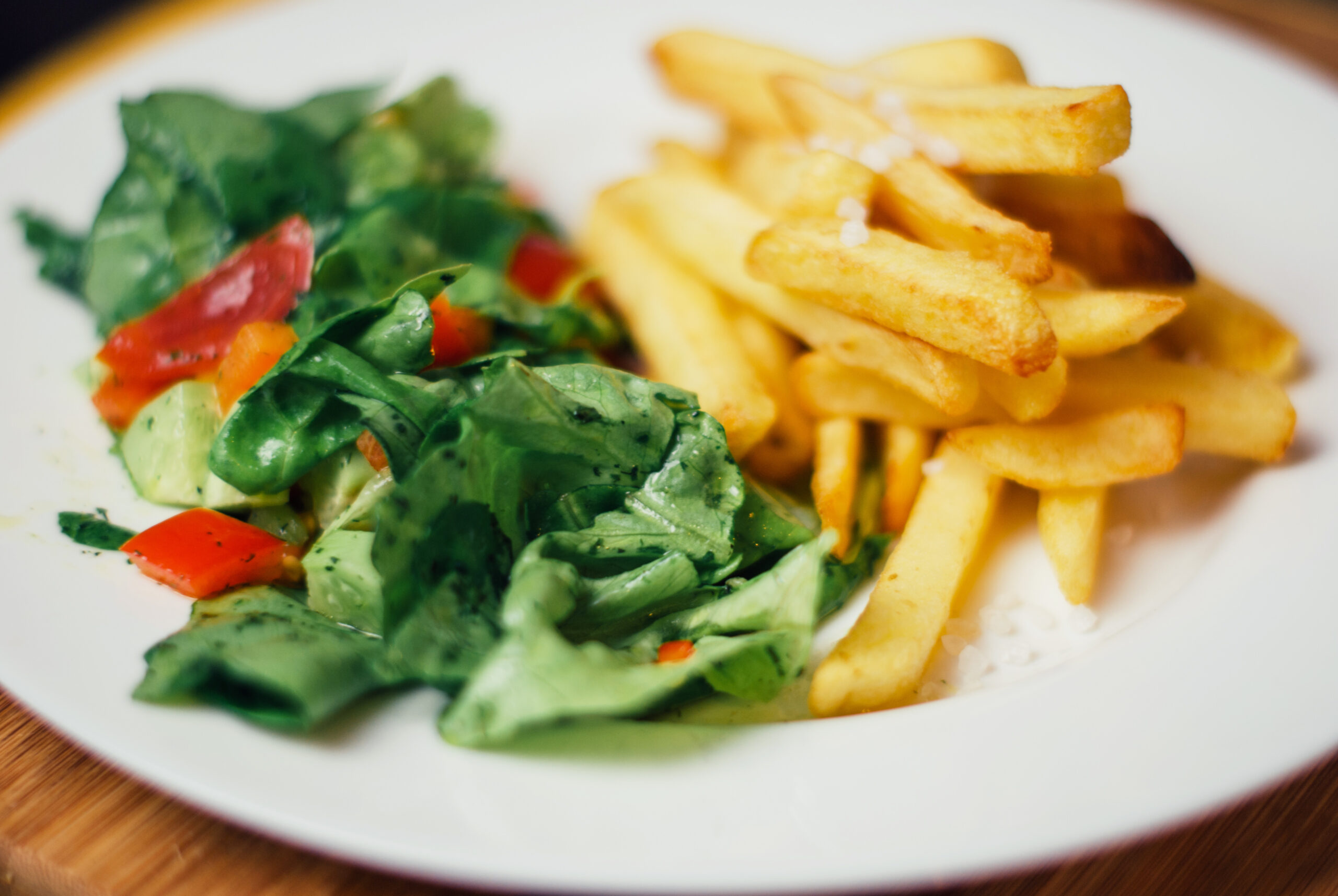Here are my top 6 things you should know before you switch to vegan eating. First and foremost, I would like to clarify, I am not a nutritionist or physician. You should always consult your health plan/provider for more detailed guidance and advice specific to your personal health. What I can do is share what I have learned along my own journey.
You might be wondering what the difference is between Vegan and Plant Based, right? Vegan is a food that does not contain any animal products. Plant Based is all plant product–basically made from what grows naturally on our planet.
Here are my 6 best tips that you should know before starting your Vegan or Plant Based eating:
1. Take a B-12 supplement. Vegan or Plant Based eating does not allow you any sources of B-12, and it is very important for our health, so look into obtaining supplements. If you find a Vegan or Plant Based food source that includes added B-12, that’s awesome! Add it to your grocery list. I found Oatly Original Barista Edition coffee creamer contains the added B-12. Can I just say…yum!
2. Ease into it. Especially if this is something you want to do long-term. For example, you can start with a “Meatless Monday”. I started with a 3-week plan:
- Week 1: All breakfasts are meat and dairy free; lunch and dinner are open to other options.
- Week 2: All breakfasts and lunches are meat and dairy free; dinner is still open to other options.
- Week 3: All meals are meat and dairy free by week 3.
3. Offer options for your family. If there are family members who depend on your kitchen skills, offer an extra option. I used to cook one non-vegan protein (typically lean chicken or beef) that my family would add to my vegan dishes. Pretty soon, they became so used to my cooking, they stopped looking for the non-vegan options (NOTE: make sure they are also offered supplements in the household for their potential lack of B-12).
4. Read the labels. Not only is it important to understand terms that identify animal sourced ingredients, keep an eye on added fats, sugar, and sodium. On that note, vegan does not mean “diet” or “skinny”. There are so many products and restaurants today offering vegan options, which is great, but keep those options as “once in a whiles”. When I first became vegan, I overloaded on packaged vegan dishes and well let’s just say, my waistline showed it.
5. Don’t punish yourself if you want to have something that is “non-vegan”. At some point, that will happen, and it is okay. I did that too. As I started building my routine, learning vegan cooking, and finding healthy vegan sources outside my home, I began to find so many wonderful alternatives. Eventually, I moved on from those one-offs and decided to instead focus on maintaining a healthy attitude even if I indulged in a non-vegan option.
6. Search out your “team”. I used Pinterest and YouTube and found some amazing resources. Subscribe to our newsletter for continued content and support. It’s free!
Bonus Tip: Recognize that life is a journey. It has it’s ups and downs, highs and lows, so aim for progress not perfection.
Best of luck to you!
Photo Credit: <a href=”https://stocksnap.io/photo/food-salad-46UMTROE3X”>Photo</a> by <a href=”https://stocksnap.io/author/5032″>Krzysztof Puszczyński</a> on <a href=”https://stocksnap.io”>StockSnap</a>




Enjoyed reading your post on “6 Things You Should Know Before Switching to Vegan Eating.” I found it very helpful and informative. I really was inspired on your recommendations on how to ease into a vegan lifestyle. Looking forward to your next post.
Thank you for your feedback, and thank you for subscribing! It’s about to get exciting! Have a great day!